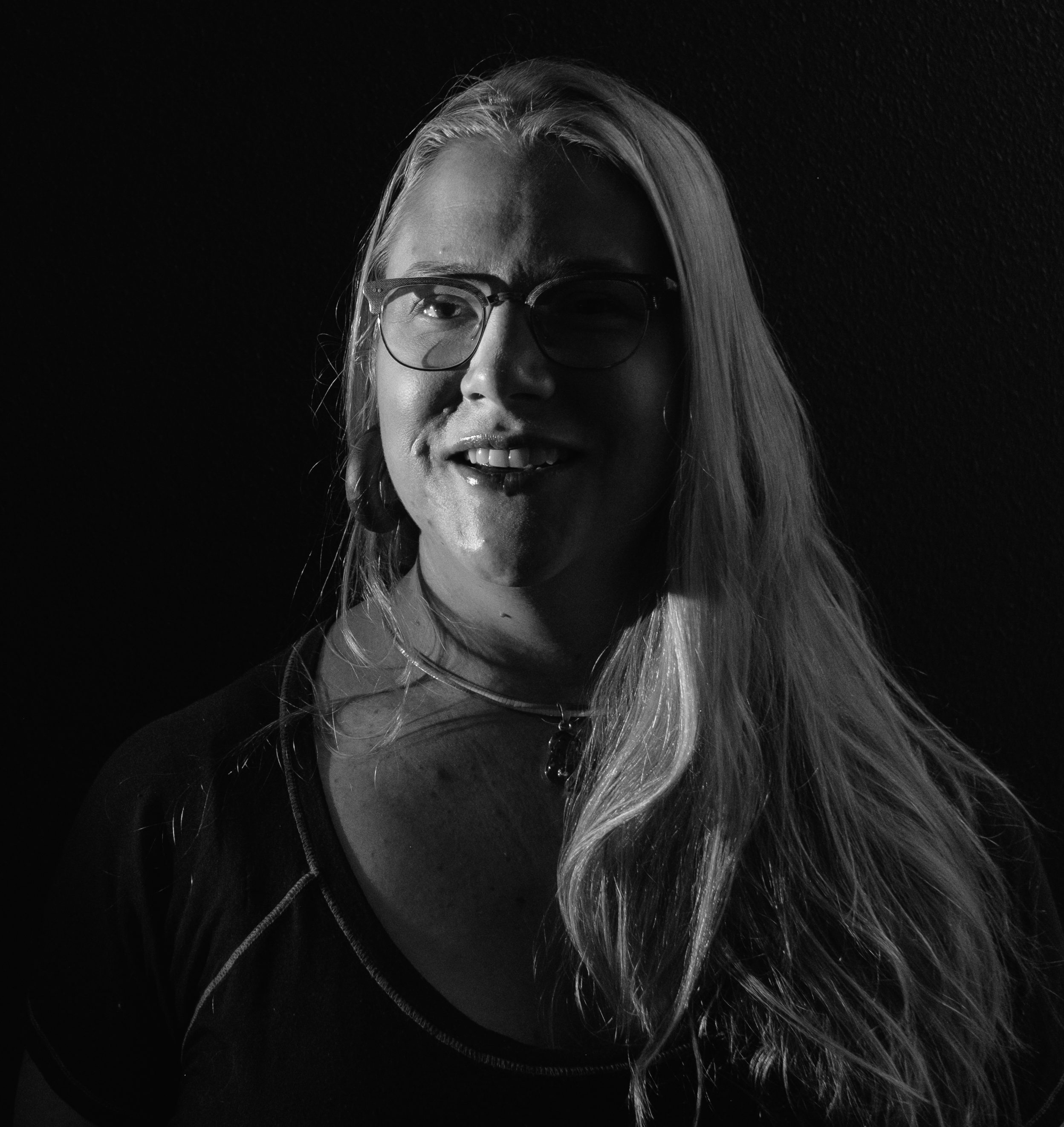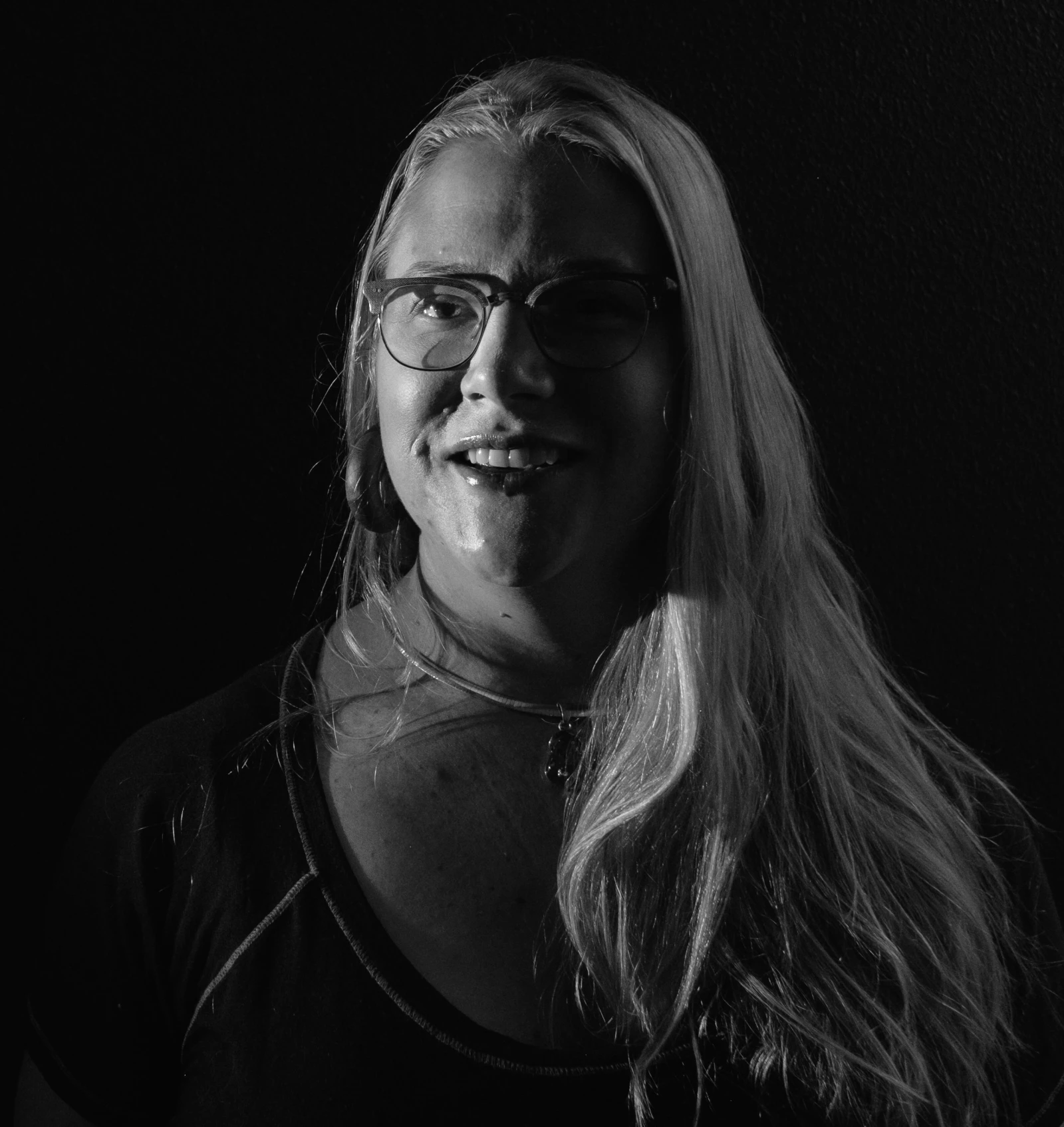
People who have been diagnosed with breast cancer know what it’s like to have their lives eclipsed by an unwanted, malicious force. Your hopes and dreams get put on hold and the only approach is to fight. And fight. And when we’re done fighting cancer, we’re left fighting the fear of its return.
It’s only natural that the notion of cancer returning would wreck us. Cancer eats at our personal resources, scolds us when we think about being truly healthy and it cannot be placated. It’s like we’re left babysitting cancer’s second cousin who isn’t a murderer, but merely the world’s most ominous douchebag.
Yet, we continue to bravely live. Bravery, after all, is not the absence of fear but the ability to act in spite of its presence. And every second of life lived in concert with this fear of recurrence is a brave one.
I’m here to say this: You may always have your fear of recurrence, but you don’t always have to yield to it. You can push back on being powerless against it. You can be comfortable again, “at home” in your mind. You can be the total bad-ass you were destined to be from the start, having wrangled your fear, subdued it and even gotten it to work in your favor.
Sure, it takes time. I’m not totally over my own fear of recurrence, but I’m working on it every day in the following ways:
1.) Eat what feels right. Instead of deprivation, I eat by listening to my body. By telling your body that it can’t have what it wants, you’re not honoring it and any craving will only get stronger. Honor cravings, but take note of when the food stops being totally blissful to eat. Get creative with healthy foods at times when you aren’t craving anything and you can start to program your body to crave healthier things. Releasing yourself from the constant badgering of idealized nutrition will open the potential to think constructively about it.
2.) Allow yourself a little space every day to make friends with your mind. This may include verbal self-soothing, a breath of fresh air, or a moment to shut your eyes and reach within. Being at home in your own head starts with the ability to have a quiet, pleasant experience as yourself, by yourself. The fear may show up, but that’s ok. Listen to yourself express it, then say you’re sorry. We’re all deeply, sadly sorry this happened to us.
3.) Talk back to the fear. Tell it what a jerk it is. Bust it up. Throw all of the pain it causes you right back at it. Roar at it, loudly and as often as necessary.
4.) Celebrate right now. Remember that hundreds of people were involved in developing, researching and participating in clinical trials for your treatment, and who took care of you on your path to wellness. Honor the folks who helped you, seen and unseen. Light a candle for them, do something nice for yourself because of them, or write a letter to one of them.
5.) Acknowledge and explore your newly complicated relationship with science. You may be looking back on aspects of your treatment feeling railroaded, like your choices were made for you by numbers. And yet, all we have to prevent cancer recurring is the generalized advice on staying healthy by nutritionists and athletes. Luckily, science doesn’t have to have all the answers. Non-science treatments like homeopathy, naturopathy, Ayurveda, aromatherapy and Chinese medicine can contribute to your mental and physical well-being.
6.) Hack at it. In web development, we have standard ways of approaching a problem: isolate it, try a bunch of things, find the solution and move on. Totally academic, right? Ha. What ends up being most useful is having a LOT of tools and even more strategies, which are kind of like football plays. Depending on the problem, you may need something very specific. You may also need to take a 4,000-foot view of the entire thing to inform your approach. Know that it is possible to develop a keen, relevant, bad-ass toolkit of personal problem-solving tools that you can deploy to make yourself laugh, divert your attention, and maybe eventually take away the power of fear when it creeps onto the scene.
7.) Don’t give up on the idea that something exists out there that may subdue your fear. It may be a prayer or a practice of some kind, an object, a person or an experience. Keep looking for it and working toward the fearless life you deserve.
***
Thank you, Caroline, for sharing your breast cancer experience and thoughts on fear of recurrence with us! Read more from Caroline on her personal blog here.
There are many complex issues and feelings young women diagnosed with breast cancer will face after treatment. That’s why we put together the Post-Treatment Navigator, a guide to “What’s Next?” so you know what to expect and can learn how to manage your “new normal” after initial breast cancer treatment. You can also connect with other young women like you either online, in person or one-on-one!




